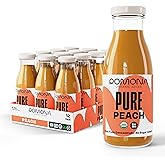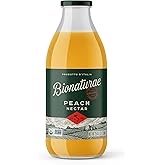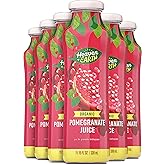EU Organic
EU Organic products must contain at least 95% organic ingredients. EU Organic production is an overall system of farm management and food production that combines environmental practices, the preservation of natural resources and the application of animal welfare standards. Products must fulfill strict conditions on how they must be produced, processed, transported and stored. The control body code number and place where the agricultural materials of the product have been farmed are displayed next to the EU Organic logo.
USDA Organic
USDA Organic is protected by law, inspected by experts, traced from farm to store, and shaped by public input. USDA develops and enforces the organic standards, which require products to be produced using farming practices that maintain and improve soil and water quality, minimize the use of synthetic materials, conserve biodiversity, and avoid genetic engineering, among other factors. Crops can be certified organic if they’re grown without prohibited substances such as most synthetic fertilizers and pesticides for three years prior to harvest. Livestock are raised on pasture and treated humanely without growth hormones or antibiotics. Organic products do not contain GMOs or artificial colors, flavors, or preservatives. Products that contain a minimum of 95 percent organic ingredients and use the USDA Organic seal are part of Climate Pledge Friendly.




























